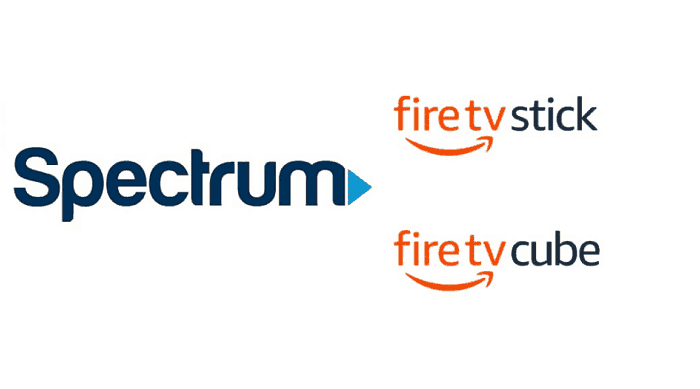In today’s digital world there’s always something new around the corner, with promises of cutting costs, saving time, and making our lives easier. This is no less true for the commercial sector, which continually benefits from the introduction of new technology. The pandemic has only accelerated the thirst for new innovations, with the sudden rise in businesses using automation.
The property industry has recently embraced IoT (Internet of Things), a ground-breaking new technology which has the power to automate tasks, so less time is spent on admin or manual labour which can be automated. The benefits offered by this technology continue to evolve in the real estate sector and IoT applications are believed to turn the world of real estate on its head.
What is IoT?
IoT (Internet of Things) is an ecosystem used to analyse and evaluate data. It’s made up of smart devices, sensors, and integrated computers which connect to each other, along with a cloud. The term IoT refers to all devices which connect to the internet, are accessible through network connections and can be used in a communication system.
IoT has been introduced to a significant number of households and has also become a valuable asset to the commercial world, by making tasks quicker, easier and more efficient and thus reducing overall costs spent.
How is IoT used in real estate?
Real estate agents can collate extensive data about properties and their surroundings from IoT devices such as cameras and sensors. This data can then be used to create user friendly listings for properties.
IoT is also used for managing energy efficiency in properties. IoT devices which have integrated temperature sensors can identify when the temperature in a room drops or rises and adjust the heating accordingly. Lights can also be hooked up to IoT sensors or controlled via a remote using IoT applications.
IoT is also improving the efficiency of electrical installations. Many multifunction testers used to check low voltage circuits offer additional features such as Bluetooth which can be connected to IoT devices. This allows the data to be stored and transferred from the device to a computer or mobile device, reducing time spent on record keeping.
How IoT improves commercial real estate
There are a range of IoT applications which support smart metering and building automation, which can offer real-time analysis to reduce costs spent. These applications may also improve labour productivity, as workers will have more time to focus on the tasks which require human labour.
Taking advantage of IoT technology may also ease some of the pressure on the construction team when time constraints are an issue. Easing the workload of workers is likely to have a positive impact on their work-life balance, which may improve productivity and reduce absenteeism throughout the team.






